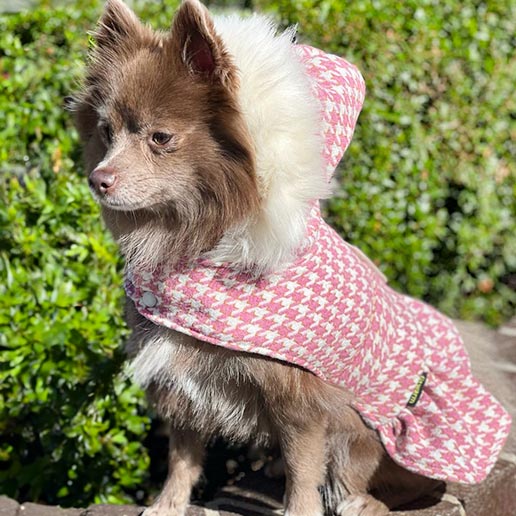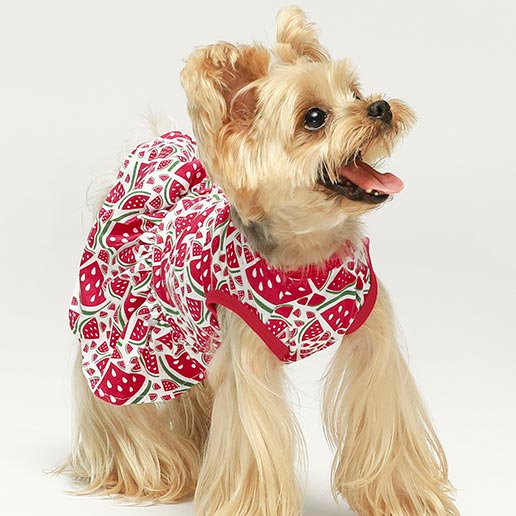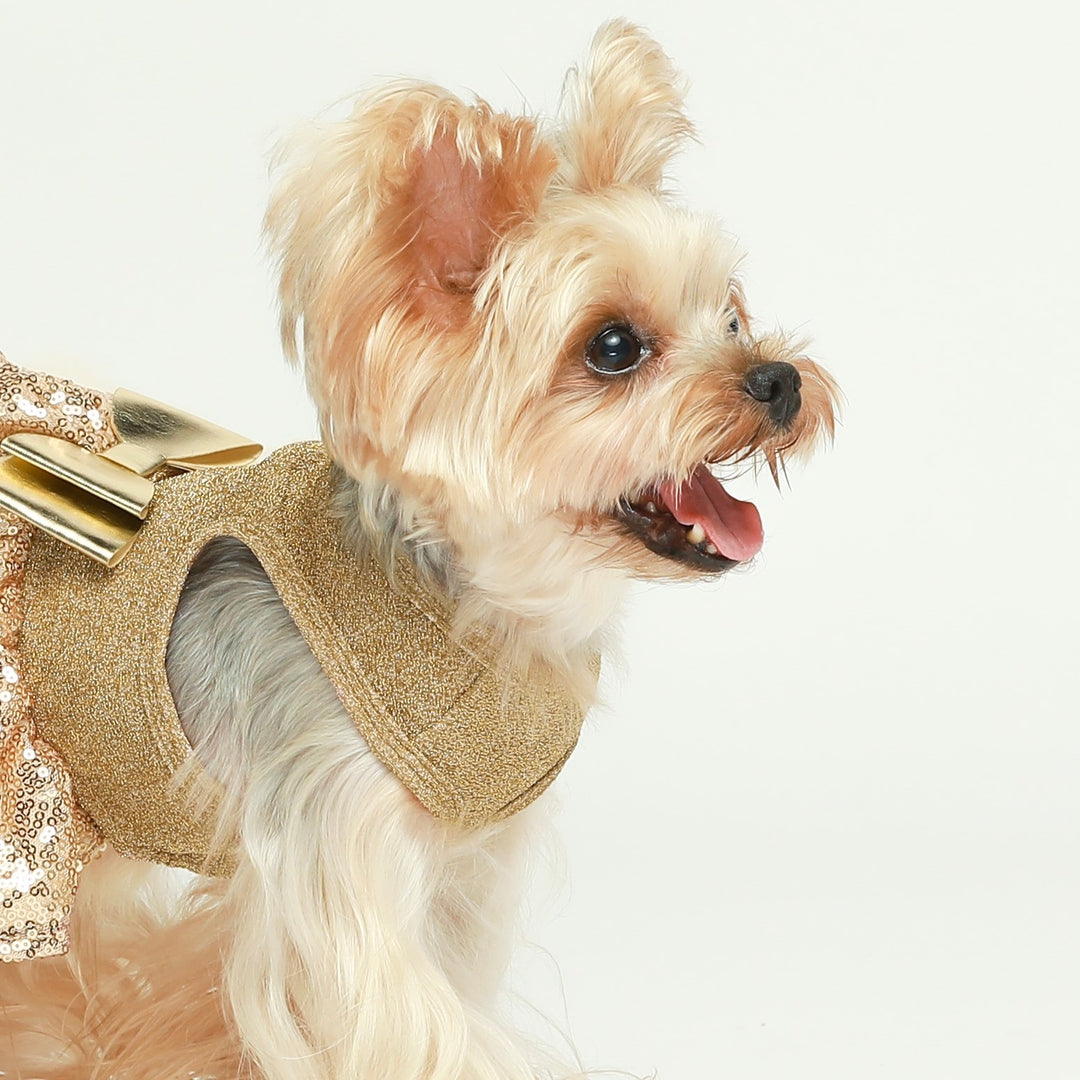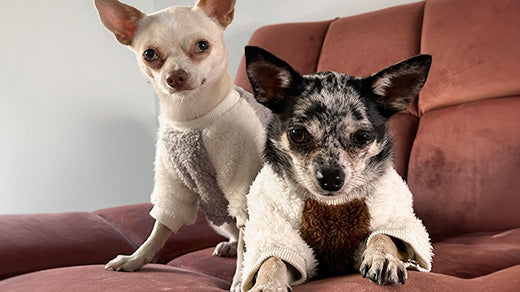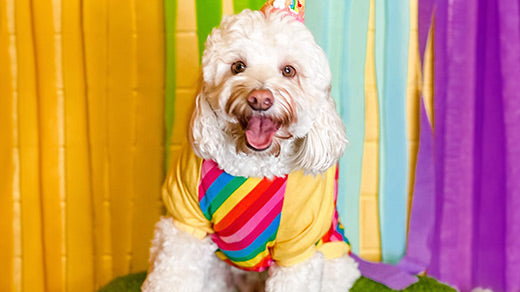How to Help Dogs with Car Sickness: A Comprehensive Guide
Traveling with our furry friends can be a joyous experience, but it can also come with challenges, such as car sickness in dogs.
Understanding and addressing this issue is crucial for the comfort and well-being of both the dog and the owner.

Instagram: b.n.a.dventures




Understanding the Causes
Car sickness in dogs can stem from motion sickness due to inner ear imbalance, anxiety associated with car rides, or a lack of familiarity with traveling in a vehicle.
Being aware of these causes is essential in selecting the right tactics to reduce their discomfort.

Instagram: bichon_mandoo41
Signs of Dog Car Sickness
Recognizing the signs of car sickness in your dog is crucial for timely intervention. Here are common symptoms to watch for:
- Excessive Drooling: One of the first signs of nausea in dogs.
- Whining and Pacing: Indicative of discomfort or anxiety during car rides.
- Lethargy or Inactivity: A less obvious sign that your dog may not be feeling well.
- Vomiting: The most clear and concerning sign of motion sickness.
- Diarrhea: Can sometimes accompany nausea, especially in severe cases.
- Lip Licking or Smacking: A sign of nausea that is often overlooked.
- Yawning: While it can be a sign of tiredness, excessive yawning may also indicate stress.
- Restlessness or Agitation: Your dog may be unable to settle down comfortably.
- Trembling or Shaking: This can occur either due to anxiety or nausea.
Understanding these signs will help you better care for your dog and take steps to alleviate their discomfort during car rides.

Instagram: itsmugpug
Preventive Measures
Preventing car sickness in dogs involves simple strategies that significantly improve their travel experience.. By planning ahead and considering your dog's comfort, you can help minimize the likelihood of car sickness. Here are some key measures to consider:
- Withholding Food: To reduce the chances of vomiting, it's advisable to withhold food for a few hours before a car trip.
- Frequent Breaks: During long car rides, taking frequent breaks for fresh air and bathroom breaks can be beneficial.
- Lowering Car Windows: Slightly lowering the car windows helps balance the air pressure inside and outside the car, reducing nausea.

Conditioning and Training
- Gradual Acclimation: Gradually acclimating your dog to car travel can significantly reduce car sickness. Start with short trips and slowly increase the duration.
- Positive Associations: Creating positive associations with car travel through treats, praise, and favorite toys can make car rides more enjoyable for your dog.

Instagram: flora.andjune
Shih Tzu in Thermal Dog Coat


Safety and Comfort
-
Use of Carriers or Harnesses: Ensuring your dog's safety with a carrier or safety harness is crucial during car rides
-
Comfortable Environment: Keeping the car cool and quiet and including familiar items like blankets or toys can create a comfortable environment.
-
Indirect Benefits of Dog Clothes: Dog clothes might contribute to a dog's overall comfort and sense of security, especially if they are used to wearing them. They can help reduce anxiety, regulate temperature, and provide a sense of familiarity and comfort during car rides.

Consulting a Veterinarian
Consulting with a veterinarian is crucial if your dog's car sickness is severe or persistent. They can provide professional advice and appropriate treatment.

Instagram: rescue_pups_of_hope
Mastering the art of helping dogs with car sickness takes patience and consistency. By unraveling the causes, adopting preventive strategies, and balancing natural remedies with expert veterinary advice, you transform car journeys into enjoyable adventures for your four-legged companion.




